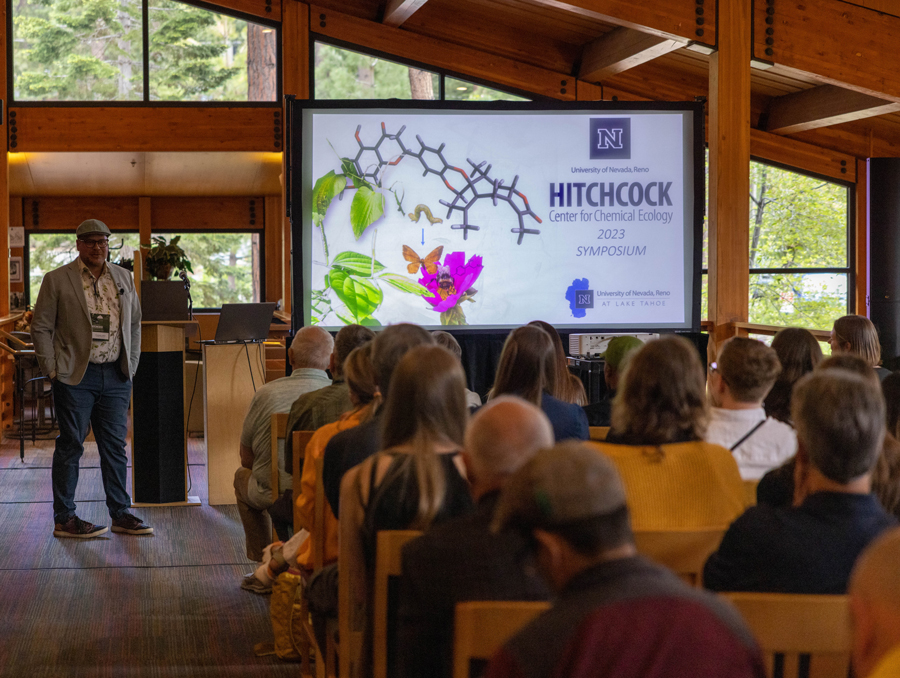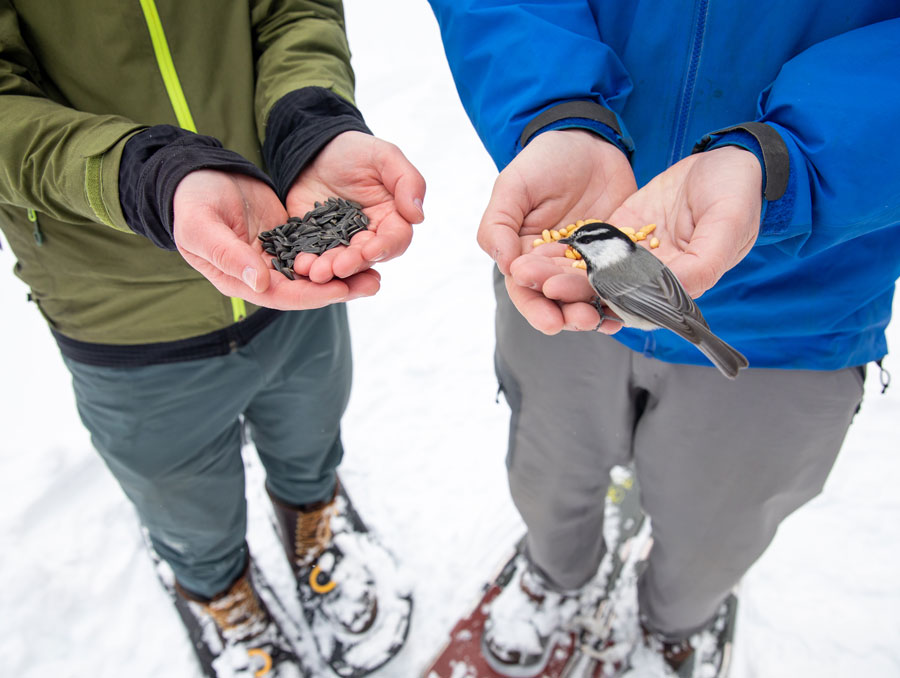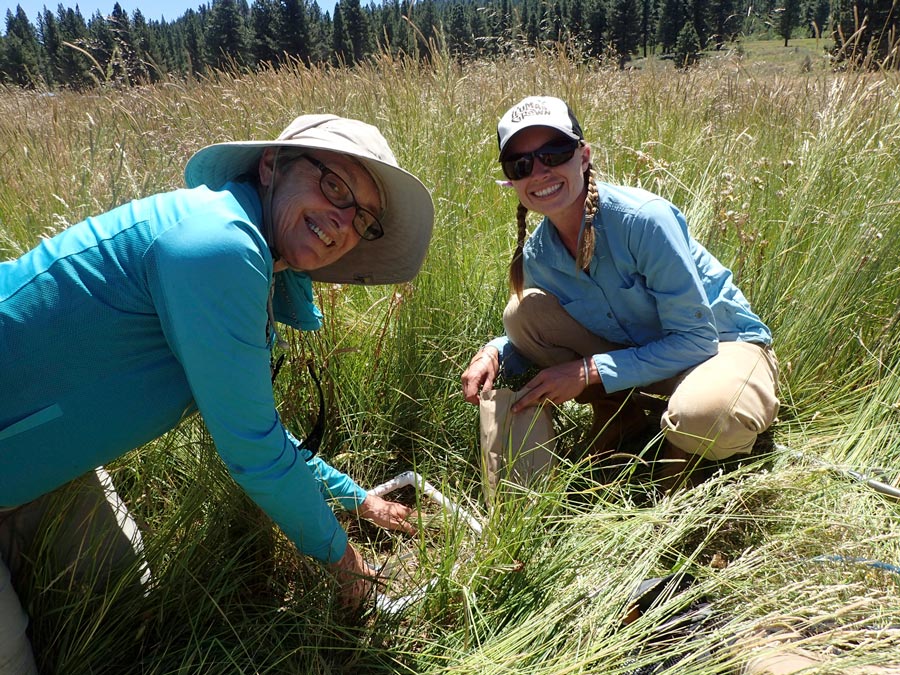The Interdisciplinary Ecology, Evolution and Conservation Biology Ph.D. program
The Interdisciplinary Ecology, Evolution and Conservation Biology Ph.D. program provides the opportunity to tailor your graduate education to your interests. You will have a team of mentors to guide you through your scientific endeavors and provide you with a solid foundation in research methods and experimental design. Learn more about the Ph.D. program, the admissions process and resources for student support.

About us
Learn more about our research interests and interdisciplinary departments and partners that create our unique academic program.

Ph.D in EECB
Admission requirements, deadlines, program timelines, funding information and more outlining the doctoral program.

Student resources
Program handbook, career information, and a list of student organizations and campus resources.


